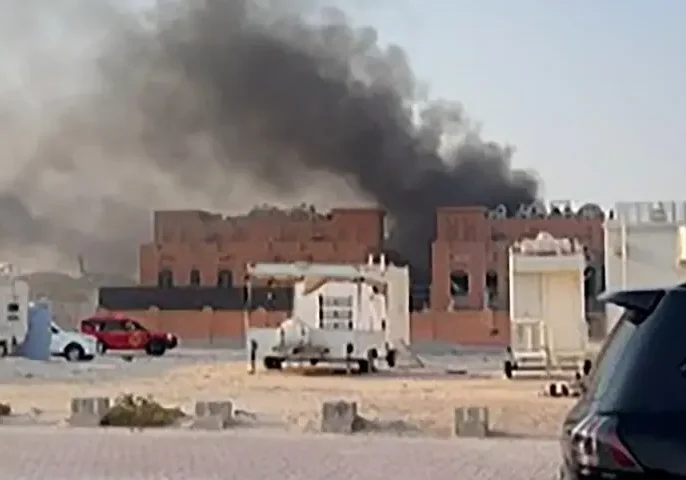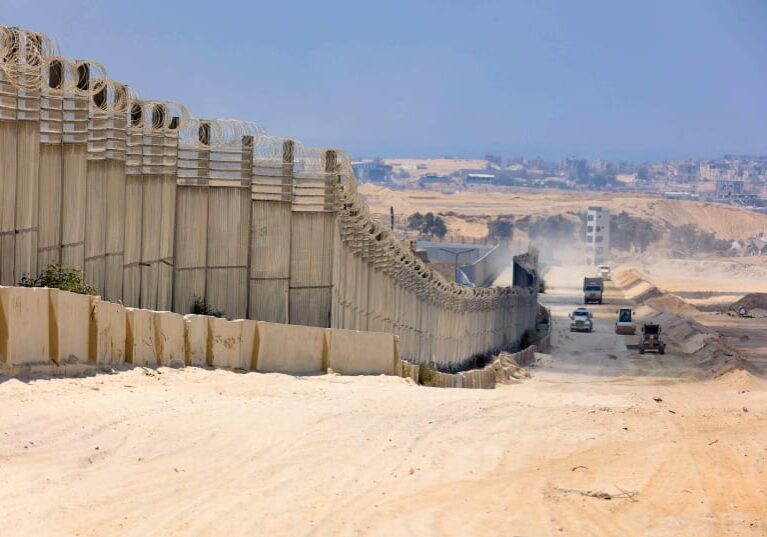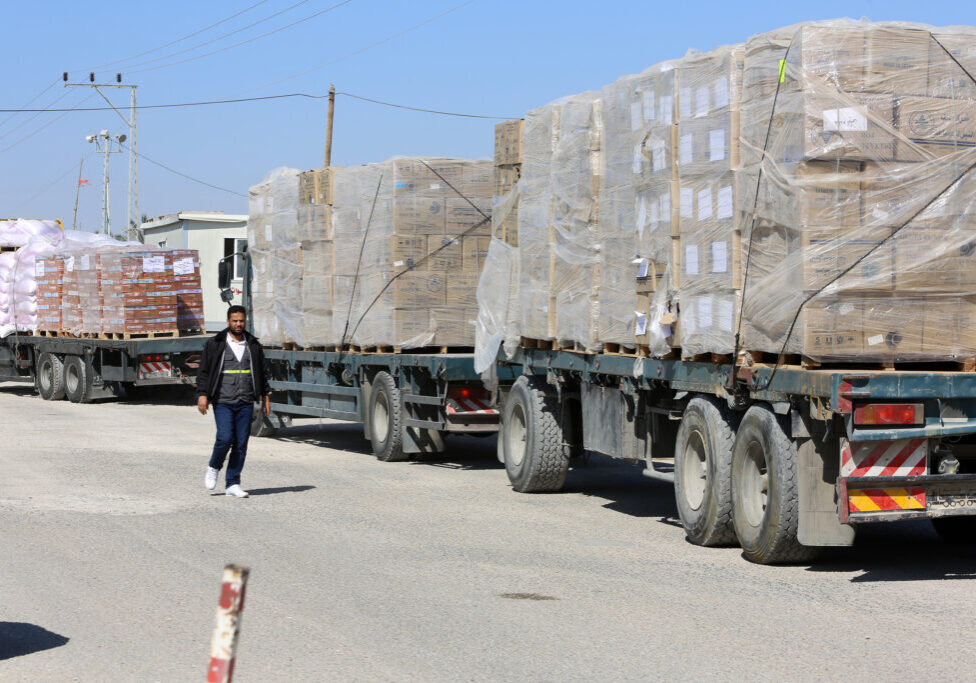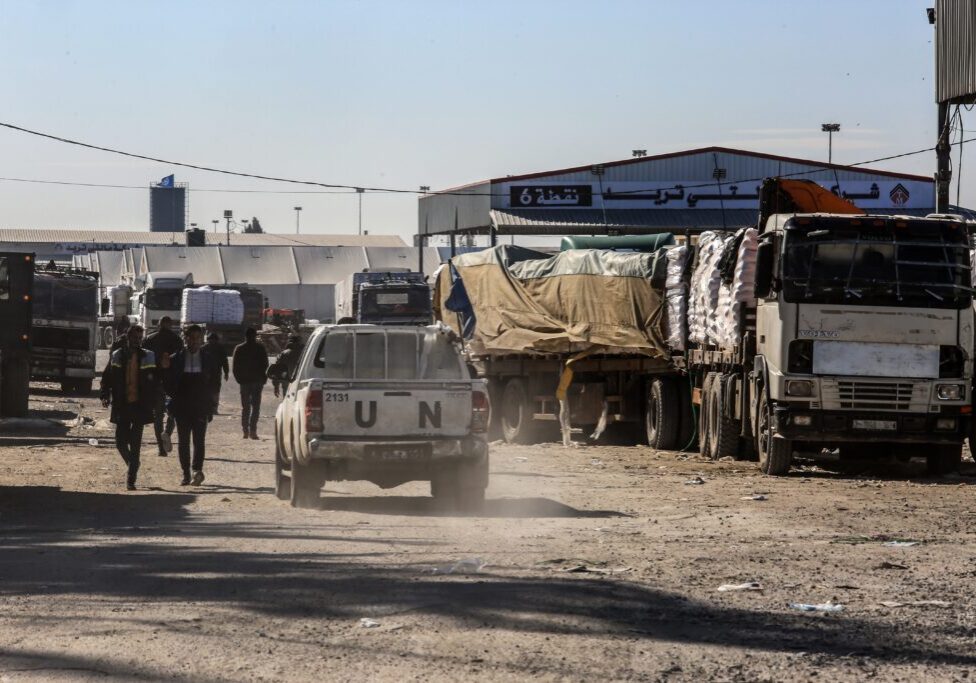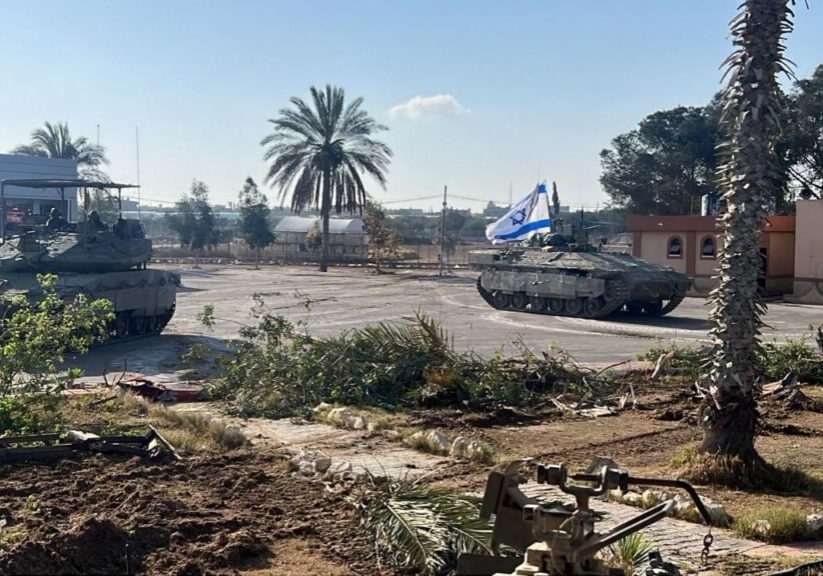Australia/Israel Review
Al-Qaeda in Northern Sinai
Feb 25, 2014 | Jonathan Spyer
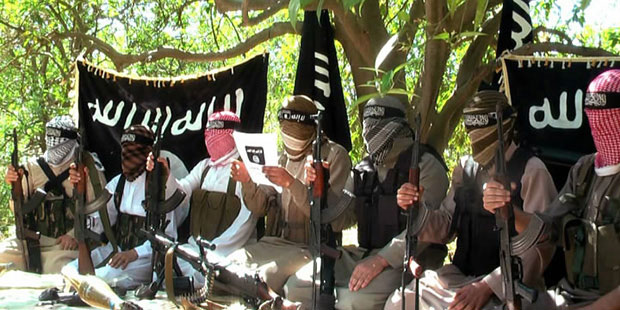
Jonathan Spyer
Northern Sinai has long played host to a variety of smuggling networks and jihadi organisations. Since General Abd al-Fattah al-Sisi’s military coup of July 3rd, 2013 in Egypt, however, there has been an exponential increase in attacks emanating from this area.
This increasingly lawless region is now the home ground for an emergent Islamist insurgency against the Egyptian authorities. Since July 2013, more than 300 reported attacks have taken place in Sinai. The violence is also spreading into the Egyptian mainland, with attacks in recent weeks on a security facility in Cairo, and the killing of an Interior Ministry official in the capital.
Some of the groups engaged in the fighting are linked to global jihadi networks, including al-Qaeda. Others have connections to elements in Hamas-controlled Gaza. The precise links between the various organisations engaged are difficult to trace.
This emergent reality in northern Sinai has serious implications for Israel. While the main focus of the jihadi activity is directed against al-Sisi’s Administration in Cairo, some of the groups centrally involved have a track record of attacks against Israeli targets. In al-Qaeda’s official propaganda channels, the north Sinai area is described as a new front in the war against “the Jews and the Americans.”
The most significant group operating in northern Sinai today is the Ansar Beit al-Maqdis (Supporters of Jerusalem) organisation. This organisation has been active since 2011. It originated in Gaza, and made its way to Sinai following the ousting of Egyptian President Hosni Mubarak in 2011.
The group’s name will raise a wry smile for Israeli and Jewish readers. The Arabic term Beit al-Maqdis (“House of the Holy”) for Jerusalem derives from the older Hebrew name for the Jewish Temple – Beit Hamikdash, with the same meaning.
Contemporary Islamists and jihadis, of course, would fiercely deny that any Jewish Temple ever stood in Jerusalem. But this absence of logical consistency appears to have little impact on the organisation’s energy for violent activity.
Ansar Beit al-Maqdis was responsible for repeated attacks on the el-Arish-Ashkelon gas pipeline in 2011-12, which eventually led to the suspension of supplies via this route.
The group also carried out the cross-border terror attack on August 18, 2011, in which eight Israelis were murdered, and an additional strike into Israel on September 21, 2012, which took the life of an IDF soldier.
More recently, Ansar Beit al-Maqdis claimed responsibility for the rocket attack on Eilat on January 20, 2014. The rocket was intercepted by the Iron Dome system.
The organisation’s main focus in recent weeks has been on increasingly high-profile attacks against Egyptian targets. These have included an attempt on the life of Egyptian Interior Minister Mohammed Ibrahim on September 5, 2013, and a series of bomb attacks in Cairo in January, 2014. On January 25, 2014, the group claimed responsibility for downing a military helicopter over northern Sinai.
The weapon used in this attack, a Russian “Igla” air-defence system, was reportedly smuggled out from Gaza, where the group maintains links with Salafi Jihadi elements.
So what exactly is Ansar Beit al-Maqdis? According to a former militant of the Egyptian Islamic Jihad organisation, Nabil al-Naeim, the group is funded by the Egyptian Muslim Brotherhood, following a deal brokered with powerful Brotherhood strongman Khairet al-Shater.
Naeim suggested that Ansar Beit al-Maqdis is supplied with weapons by the Brotherhood via the Gaza tunnels and Libya. He maintains that the Hamas authorities in Gaza are aware of the deal.
The alleged Brotherhood links were also asserted by Sameh Eid, described in an al-Arabiyya article as an “expert on Islamist groups.” Eid referred to the group as the “military wing of the Muslim Brotherhood,” and said that Shater had threatened the Egyptian authorities with “escalation in Sinai and the targeting of the Egyptian Army.”
Little hard evidence, however, has yet emerged to support the claims of a direct Muslim Brotherhood link to Ansar Beit al-Maqdis.
The Egyptian authorities have an obvious interest in linking the violence erupting out of northern Sinai with the Muslim Brothers. Having brought down the Muslim Brotherhood government, General al-Sisi’s subsequent strategy has been to deny the Brotherhood any way back into political activity, preferring to force it along a path of confrontation on which it is likely to be defeated by the army.
It is certainly possible, of course, that the Brotherhood has now as a result elected to begin to link itself to armed groups and to prepare for insurgency. But hard facts have not yet emerged to support this contention.
Clear links between Ansar Beit al-Maqdis and the al-Qaeda network, however, do exist. In recent testimony to the House Committee on Homeland Security‘s Subcommittee on Counterterrorism and Intelligence, Tom Joscelyn of the Federation for the Defence of Democracies noted that the group uses al-Qaeda’s official channels for its propaganda – such as al-Fajr Media Centre.
Also, al-Qaeda leader Ayman al-Zawahiri has on many occasions praised its operations. Ansar Beit al-Maqdis also often features al-Qaeda leaders and “martyrs”, including Osama bin Laden, in its videos.
This shows that at the very least, a clear ideological identification is there, along with probable organisational links at one or another level.
Ansar Beit al-Maqdis is only the most active and prominent of a whole number of jihadi networks operating against the Egyptian authorities from Sinai. Joscelyn in his testimony notes evidence that elements of al-Qaeda in the Arabian Peninsula are active in Sinai. He also mentions a third grouping directly linked to al-Qaeda, the Muhammad Jamal network, as also active on the peninsula.
What does all this add up to?
An Islamist insurgency is now under way in northern Sinai. It involves groups with roots in the Gaza Strip. If some accounts are to be believed, both the Muslim Brotherhood in Egypt and the Hamas authorities in Gaza are involved in it on one or another level. Almost certainly, the regional networks of al-Qaeda form a significant part of it. The Islamists have already begun to strike west into Egypt proper.
What this means is that any hopes that al-Sisi’s coup would lead to a rapid return to quiet and order in Egypt should rapidly be abandoned. Rather, the new regime is facing a similar test to that endured by Mubarak in the 1990s and Nasser in the 1950s. Islamism in Egypt is not going to quietly accept the verdict of July 3rd, 2013.
For Israel, the emergent insurgency raises the prospect of two de facto al-Qaeda controlled areas adjoining its border – one in southern Syria and the other in the Salafi playground that is now northern Sinai.
Dr. Jonathan Spyer is a senior research fellow at the Global Research in International Affairs (GLORIA) Centre, and a fellow at the Middle East Forum. © Jerusalem Post, reprinted by permission, all rights reserved.
Tags: Egypt

